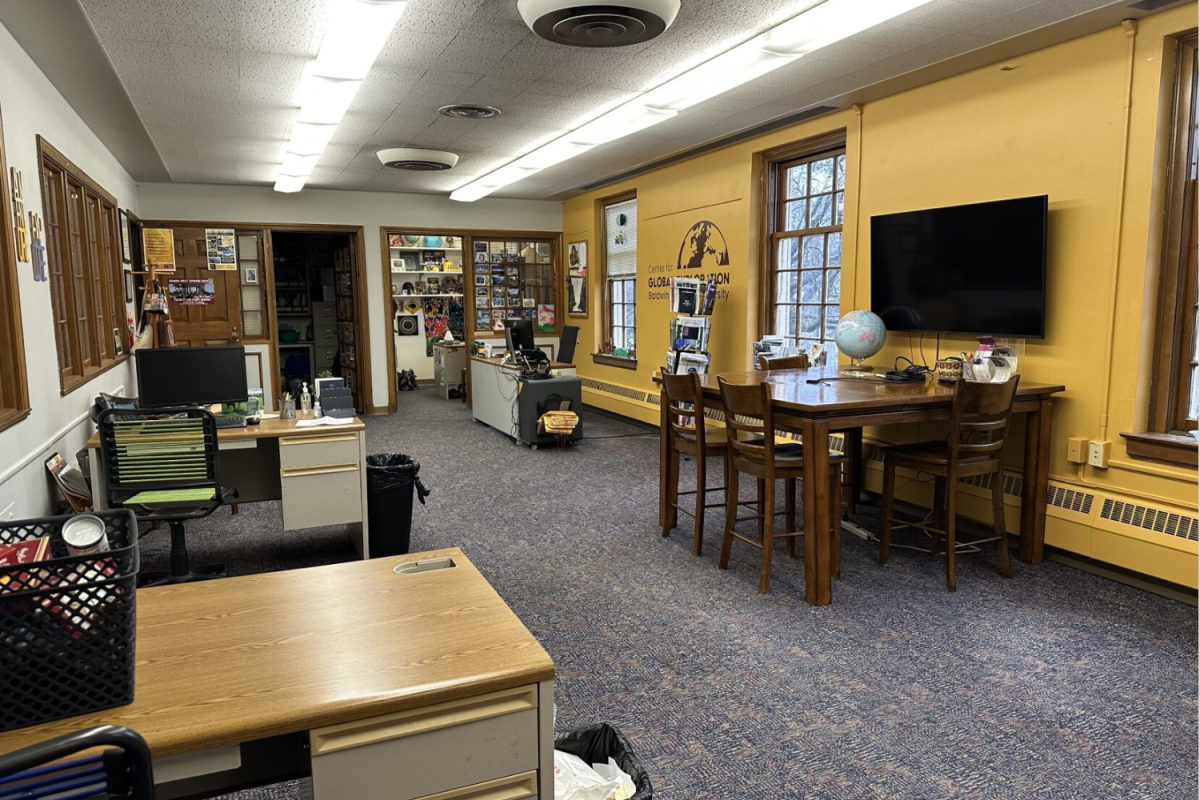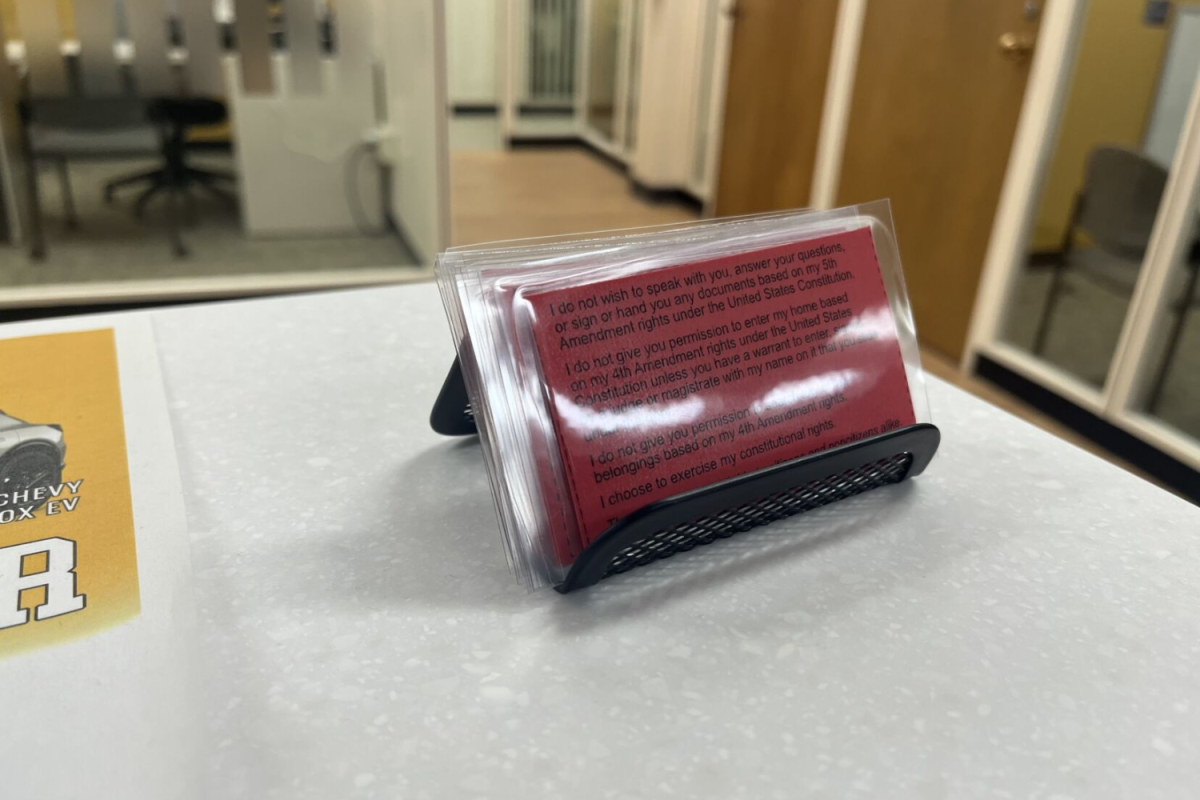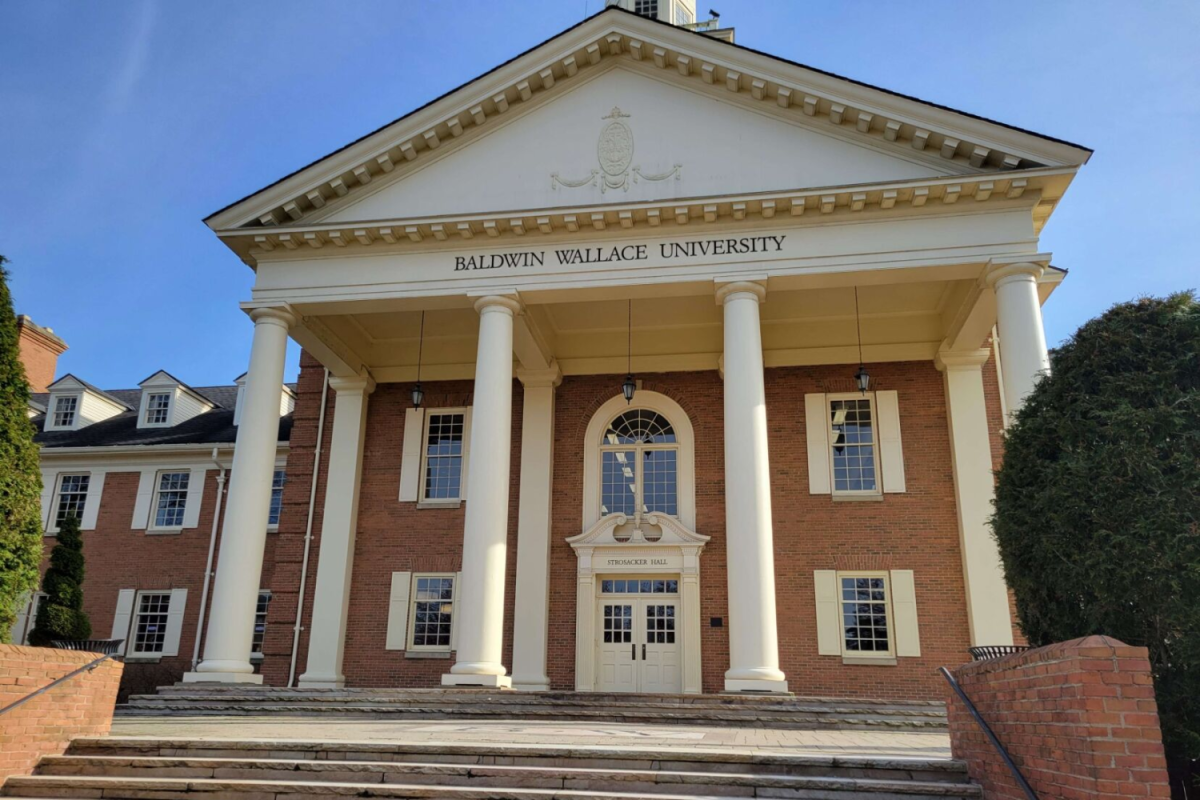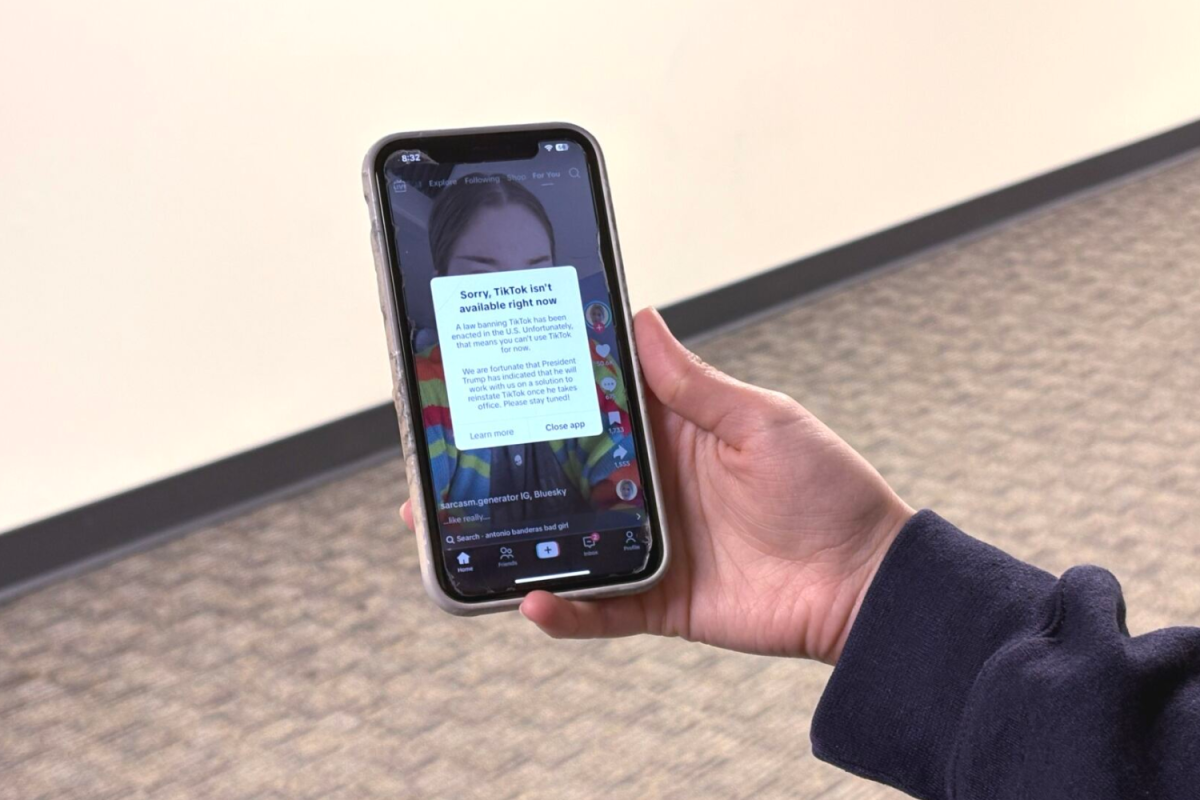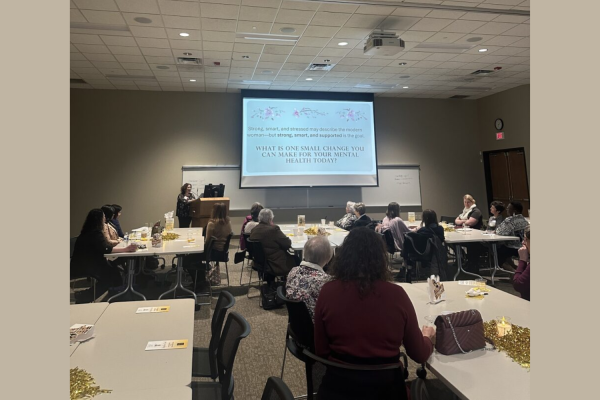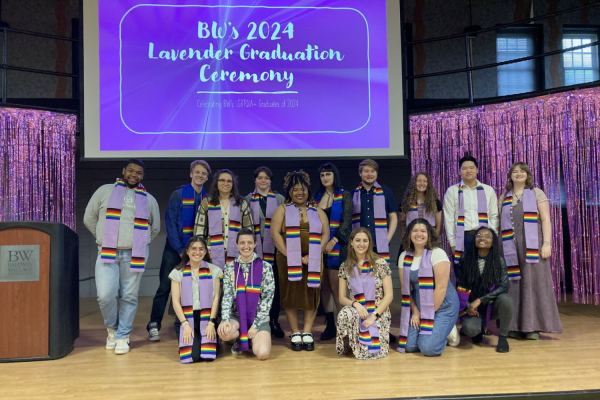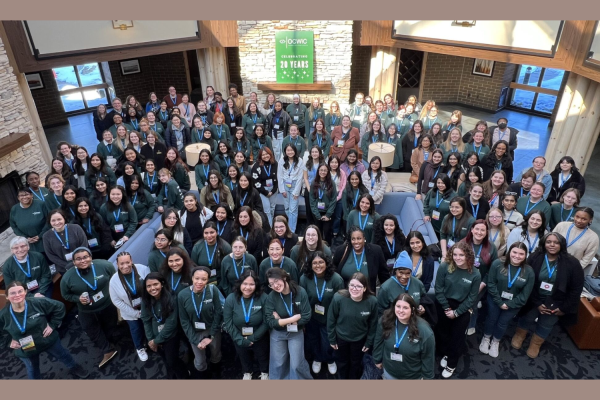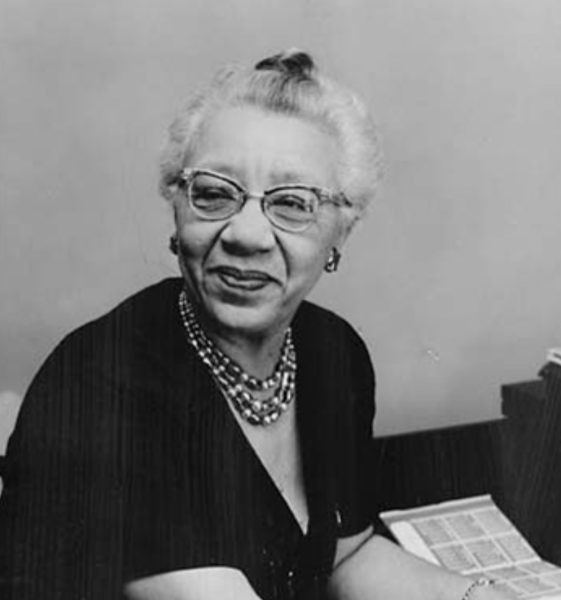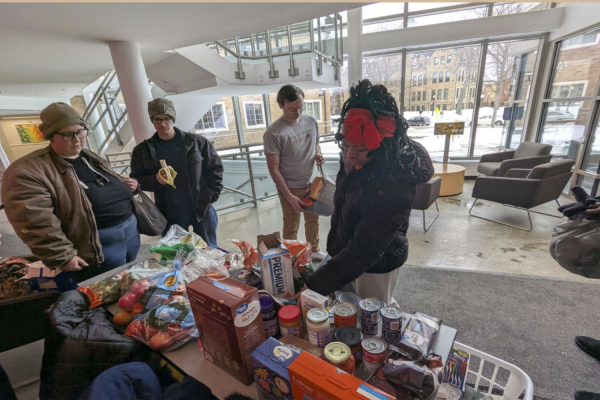A Day in the Life: Clinical educator gives a voice to the speechless
Christie Needham, BW’s director of clinical education who has been a part of the university community for 15 years, oversees what she calls the “best hidden secret on campus”: the Baldwin Wallace Speech Clinic.
Needham has been a speech language pathologist for about 23 years. Before coming to BW, she worked in a variety of different settings, including hospitals and schools.
“When I was in graduate school, I really enjoyed helping other students figure out what they wanted to do [and] how to work with patients,” Needham said. “And when I graduated, I was very lucky in my first job … I got a taste of what it was like to work with students at the university level. And then I kind of continued that.”
When she joined BW, her goal was “to create a space where people could come and feel welcome and accepted for who they are on their journey and help them find their voice,” Needham said.
The Baldwin Wallace Speech Clinic was founded in 1972. This year they celebrate 50 years of service. The clinic provides free speech and language therapy and evaluation services to the campus community as well as greater Northeast Ohio.
“We’re the largest — that we know of — free speech therapy clinic in at least Northeast Ohio and probably all of Ohio,” Needham said. “So, none of our patients pay for any services, which makes it accessible to everyone in the community.”
They work with individuals from birth through geriatrics. Most of the therapy services the patients receive are done by students, both undergraduate and graduate.
One of Needham’s responsibilities in the beginning of her tenure was to raise the number of patients they could see. When she started at the clinic it saw only about 10 patients; now, the clinic sees about 300 patients every week.
Needham mainly acts as a liaison between the students, faculty, patients, and the community. She works closely with their office manager to create an overall schedule with the faculty and students and to match patients to those openings.
Needham sometimes calls patients to get them on the schedule, deals with attendance issues, helps students find materials that they need for a therapy session, and helps faculty members learn how to supervise better. She also works with families who have concerns, need a second opinion, or want to provide feedback.
Needham also works with area schools and hospitals to determine what those organizations prioritize in a speech therapist to better shape the clinical curriculum. She coordinates student teaching by having students go into the community and work for a couple of semesters at schools or hospitals.
In addition, Needham lends a hand by ordering materials, vacuuming up beads or glitter, cleaning up messes or doing anything else that needs to be accomplished.
One of Needham’s favorite stories of something good she accomplished is about a family that came to the clinic several years ago with a 10-month-old child that had Down syndrome.
“They knew they were going to need therapy, but they also wanted to start to form connections with other families that were going through similar things,” Needham said.
So, Needham, along with providing therapy for the child, created a space at the clinic where parents with similar situations could meet and talk about anything they wanted while the children were occupied in a playgroup.
The biggest benefit of Needham’s job is her ability to witness many good things, she said. For example, she gets to see the patients make progress and see her students help their patients find their voices.
She gets to see the preschoolers and kindergarteners “go from not even recognizing their name or knowing how to spell their name to reading and writing by the end of the year,” she said. “And I get to see our students on campus learn how to connect with people that maybe they never would have imagined connecting with before.”
But she knows she cannot only have success stories. Needham shared a story of an adult who had had a stroke but had no family that could take them to the clinic. Neither did they have a computer nor access for virtual therapy, and the clinic was unable to help them.
“The hard part is when you know someone needs your help, but you still can’t figure out a way to get them here … Those are situations where you know you can help somebody, but it’s hard because the accessibility just isn’t there to get them the types of services that they need,” Needham said.
Needham said that time was the biggest difficulty for her because she always wants to help everyone and do more.
“Time is always my enemy,” said Needham. “I tend to have very big ideas and sometimes they take up more time than I initially budget.”
So, what does Needham do on a normal day? She said that she normally starts her day off with working with students and their patients. At the time of the interview, she spent her mornings at Bedford City School District with a team of three graduate students working in kindergarten classrooms.
“We are providing language lessons in every kindergarten and every preschool classroom in the district,” Needham said.
Needham helped her students learn how to manage a classroom and kids from 3 years old to 6 or 7 years old. Then, around noon, she would go back to campus and usually have a meeting at lunchtime. In the afternoon, she teaches a class on clinical writing and paperwork. Afterwards she goes back to her office and replies to emails for the speech clinic, answers phone calls, and reaches out to community partners if needed. Then, depending on the day, she supervises at the clinic again at night.
“My specialty area is working with children who have complex communication,” Needham said. “So maybe they’re not speaking, and they need to use a computer to talk. Or they’re using an app on a phone or an iPad. And so I see those patients after they’re done with school in the evening with a couple of graduate students and a couple of undergrads.”
Needham is usually done between 5 or 6 p.m., depending on if she needs to meet with a student to help them plan for the next week.
Flexibility, according to Needham, is one of the most important skills for her job. And the ability to sit back and listen to people’s stories as well as being empathetic are also important.
“No two days are the same,” Needham said. “And our patients are people. So, they have good days, they have bad days, and we don’t want to assume that they’re going to come in always in the same way.”
Prior to the COVID-19 pandemic, Needham said her job looked completely different, but when the pandemic hit she and the clinic had to adapt quickly.
The clinic did not have any type of virtual therapy before COVID-19. The only patients they saw virtually lived in Lusaka, Zambia. When BW transitioned to virtual classes, Needham knew immediately that they would have to transition as well because shutting down was not an option.
“Our students needed to practice,” Needham said. “They have to do so many hours before they can graduate. But also, because so many things were being disruptive, it would be important for our patients to have some sort of consistency.”
Within a short time Needham, her office manager, and Laura Hvizd, associate professor and department chair of communication sciences and disorders, got everything planned and went virtual.
June 2021 saw the first time patients came back to campus, and with that came a lot of new safety regulations and processes. It became a new learning experience for the clinic.
“As you can imagine, [with] speech therapy you benefit from being able to see somebody’s face,” Needham said. “So, wearing a face covering has been difficult for us initially to adjust to and for our patients to adjust to.”
But Needham was not deterred by the problems COVID-19 brought. She said she is grateful because even when everything changed regarding how she works, the most important piece stayed the same: her relationships with her patients and students.
The Exponent is looking for financial contributions to support our staff and our newsroom in producing high-quality, well-reported and accurate journalism. Thank you for taking the time to consider supporting our student journalists.

